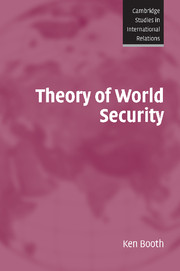1 - Present imperfect: future tense
Published online by Cambridge University Press: 05 June 2012
Summary
We are as we are because we got that way.
Kenneth BouldingSi monumentum requiris, circumspice was originally the epitaph for the architect of a great cathedral. After the Second World War the phrase was revived by the historian Alan Bullock as the epitaph for the architect of a world calamity. Bullock was contrasting the tyrannical ambitions of Adolf Hitler with the utter devastation of the fatherland in 1945: ‘If you seek a monument, look around.’ The same epitaph might be chiselled, though with a sense of paradox rather than irony, on a monument to the powerful ideas (and ideas full of power) that made us (global human society) what we are today.
Together, and in order of appearance historically, patriarchy, proselytising religions, capitalism, sovereign statism/nationalism, race, and consumerist democracy conspired to construct a particular sociology of global human society; a world resulted that does not work for the majority, and in time will not work even for the privileged minority. Other powerful ideas have also played a part in this development, especially scientific and technological development, and, in the primordial search for security between political units, the theory of realism. Together, these world-constructing ideas have created an imperfect present and a future tense with danger. Poverty, oppression, war, misery, death, and disease are the everyday realities of life across swathes of humanity; then add fear, and stir.
- Type
- Chapter
- Information
- Theory of World Security , pp. 11 - 36Publisher: Cambridge University PressPrint publication year: 2007

